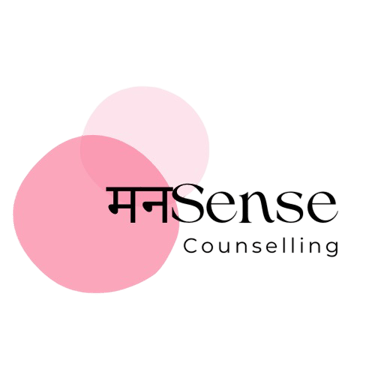5 Therapist-Approved Emotional Skills That Make Your Life (And Relationships) Easier
These small but powerful emotional skills can improve your mental health, boost communication, and help you reconnect or build stronger, healthier relationships.
MENTAL HEALTH & HEALINGRELATIONSHIPS & EMOTIONAL INTELLIGENCESELF GROWTH
Kashmira
5/3/20252 min read



Ever catch yourself reacting before thinking, or feeling totally drained from playing unpaid therapist? I got you.
Here’s the thing, though. Emotional health isn’t just about coping with stress or helping others cope with stress or not crying at work. It’s about learning a few key skills that quietly change the way you relate to yourself and others. Whether you’re navigating dating drama, or just trying to stay mentally afloat, these five small-but-mighty habits can seriously shift your emotional game.
5 Therapist-Approved Ways To Improve Emotional Regulation
1. Naming Your Feelings Instead of Just Reacting
It sounds basic, but most of us weren’t taught to say “I’m overwhelmed” or “I feel invisible.” Instead, we say “I’m fine” and then spiral later when it all becomes too much to keep down anymore.
Getting into the habit of naming your emotional state, whether it’s “anxious,” “resentful,” or “numb”, helps you slow down and choose your response. It’s a foundational skill in emotional intelligence and helps you avoid those knee-jerk reactions you later regret.
2. Pausing Before Texting Back When You’re Upset
Even a 3-second pause can save you from a 3-day regret. Whether it’s a snarky comeback or a tear-soaked essay, that pause builds emotional regulation, boundaries, and trust in yourself and your communication.
That age old count-to-ten advice? It’s actually pretty wise.
3. Asking for Clarification Instead of Assuming the Worst
Your friend didn’t reply? Your partner used a full stop? These don’t have to be your cues to spiral.
Instead of assuming that they’re mad at you, try asking, “Hey, did something I said earlier upset you?” You’ll be surprised how often it’s not what you thought. And even if it is, you’ve created space for honest communication instead of quiet resentment. That's a pretty healthy space.
4. Letting Go of The Urge to “Fix” People
This is for all the Problem-Solving Boyfriends out there.
Being there for someone doesn’t mean solving their problems. Saying “I’m here for you, and I trust you to figure this out” protects your energy and respects theirs. Emotional boundaries = peace.
5. Doing Things Just for Joy—Not Productivity or Aesthetics
Drawing wonky things. Watching cartoons. Eating that candy you loved as a kid.
Activities that aren’t about achievement help your nervous system reset. They reconnect you to play, pleasure, and presence. These are things that your mental health needs just as much as deep introspection.
Final Thoughts
These skills aren’t magic fixes. They are powerful tools that you learn and practice and gradually incorporate in your daily life. And the best part? You don’t need a perfect childhood or a psychology degree to start using them.
But if you want some support while you build these skills, no worries. That’s what therapy is for. Book a session here.
